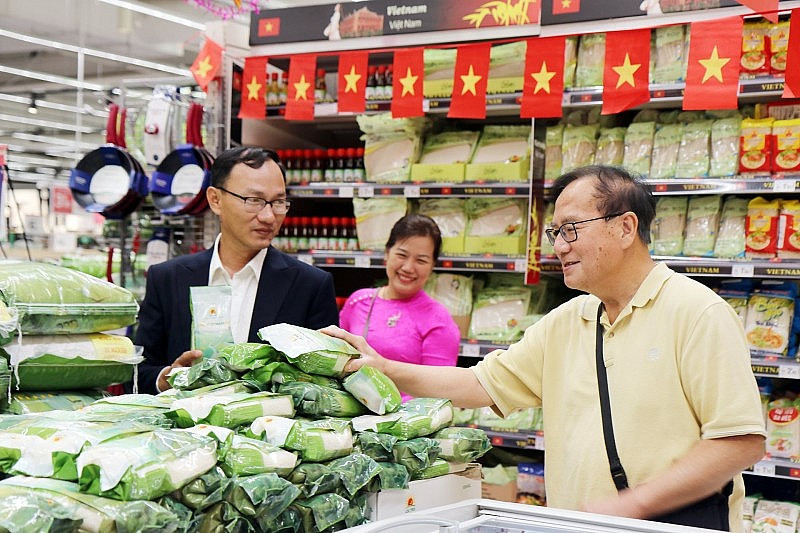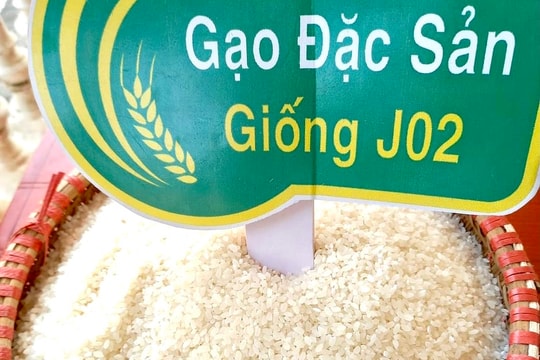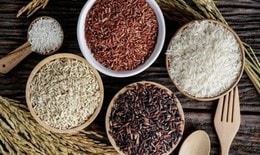Vietnamese rice is welcomed by the European market.
In the past two years, no shipment of Vietnamese rice exported to the EU market has been warned. Vietnamese rice has been well received by the European market.
This information was given at the Conference on disseminating regulations and commitments on SPS in the Free Trade Agreement between Vietnam and the European Union (EVFTA) organized by the Vietnam SPS Office in coordination with the Department of Agriculture and Rural Development of Ca Mau province recently in Ca Mau.
Mr. Ngo Xuan Nam - Deputy Director of the Vietnam SPS Office said that up to now, Vietnam has participated in the World Trade Organization (WTO) for more than 16 years, participated in 19 free trade agreements (FTAs) and 16 agreements have been officially signed. Among them, many trade agreements are considered new generation trade agreements.
After these agreements were signed, Vietnam's agricultural, forestry and fishery exports to member countries were promoted. Over the past years, Vietnam's export value has always reached quite high milestones, especially in the past 2 years, Vietnam's export value reached over 50 billion USD and in 2023 it is expected to reach over 54 billion USD.
In particular, in August 2020, the EVFTA Agreement boosted two-way agricultural exports between Vietnam and EU countries.

In particular, major industries such as seafood, rice, fruits and some food products... have also been promoted for export to the EU market. Conversely, Vietnam has also imported some products of animal and plant origin from the EU market.
Currently, for the EU market, Vietnam has commitments on food safety and animal and plant disease safety in exporting agricultural products and food to this market. For the EU market, in the first 10 months of 2023, EU members have up to 103 notifications and drafts for comments on food safety measures and animal and plant disease safety to serve the control of agricultural products and food when imported to the EU market. According to Mr. Ngo Xuan Nam, the EU is a potential export market for many types of Vietnamese agricultural, forestry and fishery products in the coming time thanks to the market size of more than 500 million people and the increasing demand for agricultural products and food, along with the commitment to cut most tariffs in a short time according to the Vietnam-EU Free Trade Agreement.
However, this is also one of the most demanding markets with very high regulations on animal and plant quarantine and strict control, especially for agricultural, forestry and fishery products.
Many experts also commented that the trend of the EU market is to increase technical barriers while reducing tariff barriers. As evidence, immediately after the EVFTA came into effect, the EU made many announcements related to the rules for aquaculture and transportation facilities of aquatic animals.
Regulations on animal health requirements for movements of terrestrial animals and hatching eggs; surveillance rules, eradication programmes and disease-free status for certain listed and emerging diseases.
In addition to government regulations, the EU market also sets out many standards and certifications from consumer associations, non-governmental organizations, and retailers that businesses wishing to export must comply with, such as global standards on food safety.




